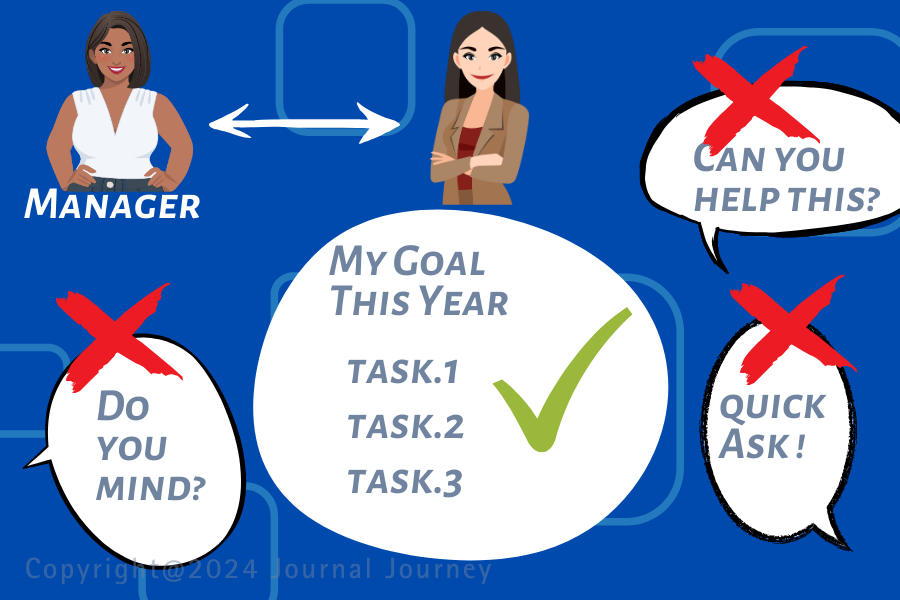Understand the right priorities of your work to succeed within your company

Feeling overwhelmed by your daily tasks?
Your to-do list never seems to shrink, and your long-term projects progress slowly because you keep getting pulled into urgent issues that consume your time.
Famous methods like the Eisenhower Matrix or “Eat That Frog” are effective and widely used, even today.
However, based on my journey to becoming a manager, I’ve discovered an even more crucial element for prioritizing tasks: achieving recognition.
For those aiming for career advancement, enhancing their resume, or winning awards, consider this approach.
The key is your performance evaluator—the manager who reviews your work.
Here are two principles to focus on:
- Execute the current year’s goals agreed upon with your manager as your top priority.
- Avoid tasks outside these goals unless requested by your evaluation manager.
You might think, “Just doing what’s asked of me isn’t enough for career advancement.”
True, merely fulfilling tasks won’t get you promoted.
But focusing on goals aligned with your manager’s expectations means working towards the objectives that matter most to your and your manager’s success.
Let’s review each focus deeper.
1. Prioritize Your Manager’s Goals for Optimal Career Growth

Let me repeat.
The key person is the person who evaluates your performance. (I call “manager” in this article.) Could be just 1, or more than 1 depending on your organization structure. You need to understand who they are first.
Achieving the annual / quarterly goals is your top priority.
Why?
Because it is directly linked to evaluation.
If you want to be No.1 within the team, this goal needs to be fulfilled as a minimum.
Additionally, achieving your goals will also affect your manager’s performance evaluation (because your manager’s goals are often aligned with yours). Your manager will be happy that you achieved your goal. Because achieving your goals also means achieving your manager’s goals.
Setting annual or quarterly goals is essential—if you haven’t done so, start now and ensure they’re agreed upon with your manager. I wrote a separate article on this subject, so please refer to it.
In terms of the Eisenhower Matrix, this year’s target task is likely to fall into either the Quadrant.1 (urgent and important) or Quadrant.2 (urgent and unimportant) quadrant.
2. Say No to Extra Work: Focus on Your Priorities

This is a crucial principle but can be tough to stick to.
People often assume you can handle extra work, even if it doesn’t fit into your goals.
For instance, you might be asked to join a meeting as an interpreter just because you speak another language, or to participate in a special client negotiation due to a previous connection.
These are essentially volunteer tasks outside your primary responsibilities.
My advice?
Only take on extra work if your manager asks you to.
Say no to other people’s requests, except in special cases.
Special Cases Include:
- The task has been pre-approved by both your and the requester’s managers.
- The requester shares a strong, trusted relationship beyond just being a colleague.
- The task can be completed in under 30 minutes.
When refusing, say, “This isn’t within my scope of work,” or “Can you get approval from my manager?” This way, you remain focused on your high-priority tasks.
Conclusion
Setting clear goals clarifies your work scope and priorities. High-priority tasks fall within your goal scope, while tasks outside this scope should be reconsidered. You can start today reviewing your current to-do list and identify tasks that don’t align with your goals. Good luck !
Other Resources
You can check other contents for your productivity enhancement.


